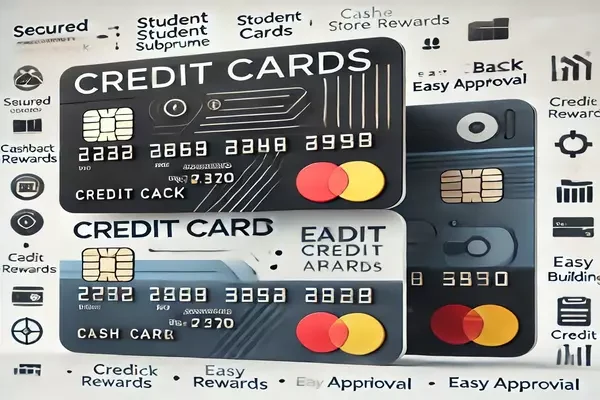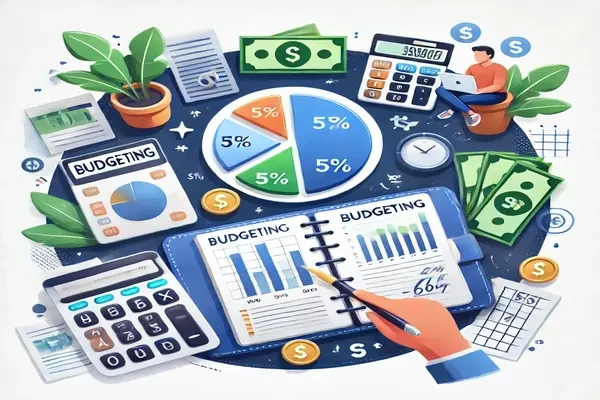
How People with No Money Pay for Attorneys: Affordable Legal Solutions
This can be a scary experience, especially if you do not have the financial resources to obtain proper legal representation. But justice should be accessible to everyone irrespective of rich or poor. In this post, you will learn how people with no money pay for attorneys from different available ways like free legal aid services and pro bono lawyers.
Key Takeaways
- A person should not have to pay more or raise their budget because they cannot afford a lawyer.
- Thousands of organizations provide legal services at low or no cost.
- Pro bono services, contingency fee arrangements, and legal aid are readily available to low-income people.
Legal Aid Organizations: Free Legal Help
At legal aid organizations, low-income men and women can receive free assistance with non-criminal cases. Otherwise, they are mostly paid with public tax or private charity dollars.
How Legal Aid Works
Eligibility: Legal aid is only available if you are below a certain income level.
Case Types: Categories like family law or landlord-tenant issues.
Example: The Legal Services Corporation (LSC) announced it helped 1.8 million poor Americans through its legal aid work in 2023.
Tips
- Apply early: Legal aid is high in demand, so applying soon can increase your chances.
- Collect required documents: Documents like proof of income, ID, and details about the case might be needed.
Pro bono legal aid organizations are the knights in shining armor to those who cannot afford an attorney, which ultimately provides people access to the justice system.
Pro Bono Lawyers: Volunteering for Justice
Pro bono services refer to when lawyers donate their time and skills, offering clients services free of charge. Law firms, legal clinics, and bar associations often encourage lawyers to complete a certain number of ‘pro bono’ hours.
Finding Pro Bono Assistance
Many bar associations even have a listing of pro bono lawyers. These law school clinics provide pro bono representation, usually under the supervision of experienced attorneys. In 2022, according to the American Bar Association (ABA), about 40% of lawyers performed pro bono work.
Example Cases
Often, pro bono lawyers work with civil rights cases, immigration matters, or family law issues. This pro bono work provides people in crisis with the legal assistance they often desperately need. I encourage you to read more about this blog here: What Is in Money Management? A Comprehensive Guide to Mastering Your Finances
Contingency Fee Arrangements: No Win, No Fee
A Contingency Fee arrangement is typically used in personal injury, malpractice, and employment cases. This type of arrangement allows the attorney to get paid a percentage based on your settlement or award.
How It Works
Contingency fees: Usually 30-40% of the final settlement. No win, no fee: Clients do not pay unless their case is successful. This can be very helpful for people who are struggling to keep their heads above water financially.
Example
Another egregious example—where an attorney worked on a contingency basis and was only paid after the plaintiff received compensation, as little as it may have been—a low-income client ultimately secured $1 million.
Pros and Cons
Pros: No immediate costs, increased motivation for lawyers.
Cons: The lawyer takes a significant portion of the settlement.
Public Defenders: Criminal Defense for the Indigent
Public defenders are attorneys provided to you by the government if you cannot afford a private attorney in criminal cases.
The Role of Public Defenders
Represents clients in criminal proceedings: arraignment, trials, and appeals. A 2023 study found that over 80% of criminal cases for indigent defendants are handled by public defenders.
Challenges
Public defenders often manage heavy caseloads, which can impact the quality of defense. However, they remain a critical resource for those without financial means.
Sliding Scale Fee Attorneys: Income-Based Pricing
Others may have sliding scale fees for the client and offer more affordable legal representation.
How Sliding Scale Fees Work
Their fees are based on the ability of clients to pay. They are typically seen in family law, mediation, and civil litigation. This enables legal representation for all, irrespective of one’s ability to pay.
Example
For example, a family law attorney who uses sliding-scale fees could charge $50/hour to work with a low-income client, and then ask for a rate of $200 hourly with other clients that have a higher income.
Table: Comparison of Legal Fee Models
| Fee Model | Payment Structure | Use Cases | Pros | Cons |
|---|---|---|---|---|
| Legal Aid | Free | Civil cases | Accessible, free | Limited scope |
| Pro Bono | Free | Varied cases | No cost | Limited availability |
| Contingency | % of settlement | Personal injury | No upfront fees | High percentage fees |
| Sliding Scale | Income-based | Family law | Affordable, flexible | Income verification needed |
Crowdfunding for Legal Fees: Community Support
Crowdfunding is growing as an industry to help raise money for legal fees. GoFundMe and Kickstarter are the sites that let people advertise their cases and ask for support to get help from the community.
How Crowdfunding Works
Create a campaign: Individuals explain their legal situation and set a fundraising goal.
Share on social media: Greater visibility increases the likelihood of receiving donations.
Tips for Success
Use compelling stories: Share details to connect emotionally with potential donors.
Regular updates: Keep supporters informed about the case’s progress.
Payment Plans and Legal Financing
Today, most law firms offer payment plans or work with legal financing companies to make the high rates of not only their fees but also those of their counterparts more manageable for clients.
How Payment Plans Work
This allows clients to pay for the service over an extended period of time, typically with little or no interest. Legal financing companies lend specifically for this purpose; plaintiffs can use their lawsuit settlement to pay back the litigation loan.
Recommendations
Negotiate terms: Be transparent about your financial situation.
Seek legal advice: Understand the interest rates and terms before agreeing to legal financing.
Conclusion
Everyone should be able to access legal representation irrespective of the financial resources they have. Part of this is how people with no money pay for attorneys—varying from legal aid, crowdfunding, and contingency fee agreements.
FAQs
Can I get a lawyer for free if I have no income?
Yes, legal aid, public defenders, and pro bono lawyers can help.
Are contingency fee lawyers reliable?
Yes, they are often highly motivated, as their payment depends on winning the case.
What is the best option for civil cases if I have no money?
Legal aid organizations and pro bono services are the best starting points.
Is crowdfunding for legal fees effective?
Yes, if the story is compelling and shared widely.
Can I negotiate legal fees with an attorney?
Yes, many attorneys offer sliding scale fees or payment plans based on income.
Learn More About How People with No Money Pay for Attorneys: Affordable Legal Solutions from makebetterfinance





